- Advocating for Regulatory Oversight: Polygon Labs Presents Framework for DeFi
Polygon Labs, in collaboration with legal experts, has put forth a groundbreaking proposal urging the designation of decentralized finance (DeFi) protocols as “critical infrastructure” under federal oversight in the United States. This move comes as a strategic step to bolster national and economic security, aligning with the evolving landscape of digital finance regulation.
A Conceptual Framework for DeFi Regulation
Rebecca Rettig, Katja Gilman from Polygon Labs, and Michael Mosier of Arktouros, have unveiled a 45-page regulatory framework titled “A Conceptual Framework for Combating Illicit Finance Activity in Decentralized Finance.” The document advocates for the classification of genuinely decentralized DeFi protocols as critical infrastructure, subject to oversight by the U.S. Treasury’s Office of Cybersecurity and Critical Infrastructure Protection (OCCIP).
While acknowledging the diversity within the DeFi ecosystem, the paper emphasizes the importance of distinguishing truly decentralized protocols from those with centralized components. The proposed framework aims to strike a balance between fostering innovation and safeguarding against illicit financial activities, recognizing the pivotal role of DeFi in the broader financial landscape.
Proposed Measures for Regulatory Compliance
The framework introduces the concept of “critical communications transmitters,” entities integral to genuine DeFi systems that would operate under tailored obligations to uphold U.S. national and economic security. These measures are designed to mitigate risks without categorizing such entities as traditional financial institutions, thus avoiding stringent regulatory requirements under the Bank Secrecy Act.
Furthermore, the framework delineates clear distinctions between decentralized finance and centralized finance (TradFi), advocating for independent regulatory controls guided by the U.S. Treasury’s Financial Crimes Enforcement Network. This nuanced approach reflects an understanding of the evolving regulatory landscape and the unique challenges posed by decentralized financial systems.
In response to the proposal, industry observers, including crypto lawyer Jake Chervinsky, have highlighted the growing emphasis on combating illicit finance within policy circles. Chervinsky notes that while discussions often revolve around securities and commodities laws, policymakers in Washington prioritize addressing illicit financial activities, signaling a potential shift in regulatory focus within the digital asset industry.
As discussions surrounding DeFi regulation gain momentum, Polygon Labs’ proposal offers a comprehensive framework aimed at enhancing regulatory clarity while fostering innovation and safeguarding national interests. With an emphasis on empowering legitimate financial activities, the proposal underscores the imperative of striking a balance between regulatory oversight and promoting economic prosperity in the digital age.



